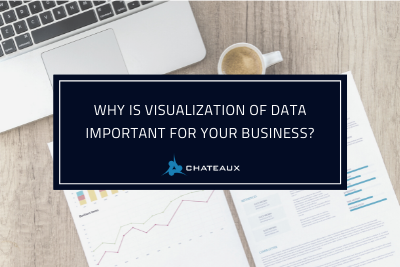By Sam Somashekar, Senior Product Management / Marketing / Strategy Consultant
Big Data is poised to explode in 2014. It promises to provide actionable insight from huge amounts of data that can come from everywhere. But will it make a difference for your business?
It’s safe to say that if data in any quantity is used correctly, it can enable you to make fact-based decisions. For example, leveraging social media and web traffic information can lead you to create market-driven campaigns and content that is relevant to your customers. Companies like Facebook, Netflix, and LinkedIn can’t live without big data for their business. Netflix used it to help propel the downfall of Blockbuster’s primary business. LinkedIn used it to rise to the top of its competition.
The challenge for many organizations is that they are not built around a fact-based decision making culture. Part of the reason is the mantra of moving quickly: there is no time for analysis. Another reason is the lack of analytics tools that align to a role’s use, therefore hindering productivity. Today there are countless Business Intelligence technologies that can be modified to fit a particular role or use case, and with the commoditization of analytics almost all business users now have access to this technology. Rather than focusing on finding one perfect tool for everyone, it is more important to align each individual’s capabilities and working style to a tool for maximum success. But you must ensure that the potential list of presentation tools all work off of a central data warehouse.
As a first step in tackling the enormous amount of data that most likely surrounds your business and customers, start small. Focus on pockets of data, and become familiar with the trends and metrics that you care about. Remember: Lots of Little Data = Big Data. Learning how to ask the right questions and how to use data to answer those questions is more important than having access to the tools and the data itself.
Transforming an organization to become data-driven takes time, but it can be done. For example, our Analytics Ready Organization SM service has helped many organizations to align and grow the skill-sets of their BI users, empowering them to become analytics-focused and keeping them accountable for making data-driven decisions. By taking the time to train your people and promote a culture grounded on data-driven decision making, you will realize that Big Data is relevant after all.
Related articles:












